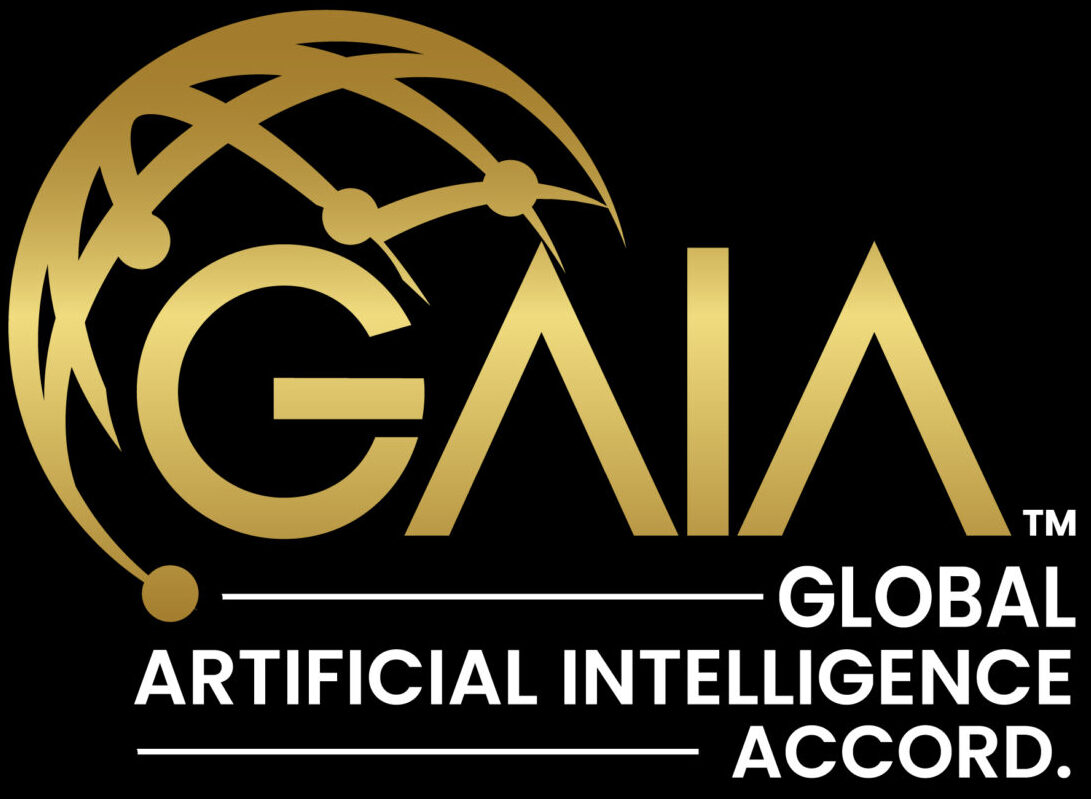Proposed Application For AI

Several potentially exciting developments have been ongoing in the field of AI. Here are some key areas of current research and advancement. Some of these developments are closer to completion than others. :
- Deep Learning and Neural Networks: There continues to be progress in developing more efficient and powerful deep learning models. Techniques such as Transformers for NLP and vision transformers (ViTs) for image recognition are pushing the boundaries of what AI can achieve in understanding and generating complex data.
- Explainable AI (XAI): Researchers are focusing on making AI systems more transparent and understandable. This involves developing methods to explain AI decisions and predictions, which is crucial for applications in healthcare, finance, and other critical domains where trust and interpretability are paramount.
- AI Ethics and Fairness: There is increasing emphasis on addressing biases and ensuring fairness in AI algorithms. Researchers are developing techniques to detect and mitigate bias in datasets and algorithms, as well as exploring frameworks for ethical AI design and deployment.
- Continual Learning and Lifelong AI: Efforts are underway to make AI systems capable of continual learning, where they can accumulate knowledge and adapt over time without catastrophic forgetting. Lifelong learning approaches aim to make AI more robust and capable of handling diverse and evolving environments.
- AI in Healthcare: AI applications in healthcare continue to expand, including diagnostic tools, personalized medicine, drug discovery, and patient management systems. AI is also being used to analyze medical images, predict disease outbreaks, and improve healthcare delivery.
- AI in Robotics and Autonomous Systems: Advances in AI are driving progress in robotics, autonomous vehicles, and industrial automation. AI-powered robots are becoming more adept at complex tasks such as navigation, manipulation, and interaction with humans.
- Natural Language Processing (NLP): NLP research is evolving rapidly, with advances in language understanding, generation, translation, and dialogue systems. Techniques such as pretrained language models (e.g., GPT, BERT) and advancements in multilingual NLP are expanding the capabilities of AI in handling human language.
- AI for Climate Change and Sustainability: AI is being leveraged to address environmental challenges, including climate modeling, renewable energy optimization, resource management, and monitoring of biodiversity. These applications aim to contribute to global sustainability.
- AI and Creativity: Research is exploring AI’s potential in creative fields such as art, music, and literature. AI-generated content, collaborative tools for artists, and creative AI assistants are emerging areas where AI is pushing boundaries.
- Edge AI and Federated Learning: There is growing interest in deploying AI models on edge devices (e.g., smartphones, IoT devices) to enable real-time processing and improve privacy by keeping data local. Federated learning techniques are being developed to train AI models across decentralized devices while preserving data privacy.
These developments highlight the diverse and expanding applications of AI across various sectors, driven by ongoing research, technological advancements, and the growing integration of AI into everyday life and industry.

